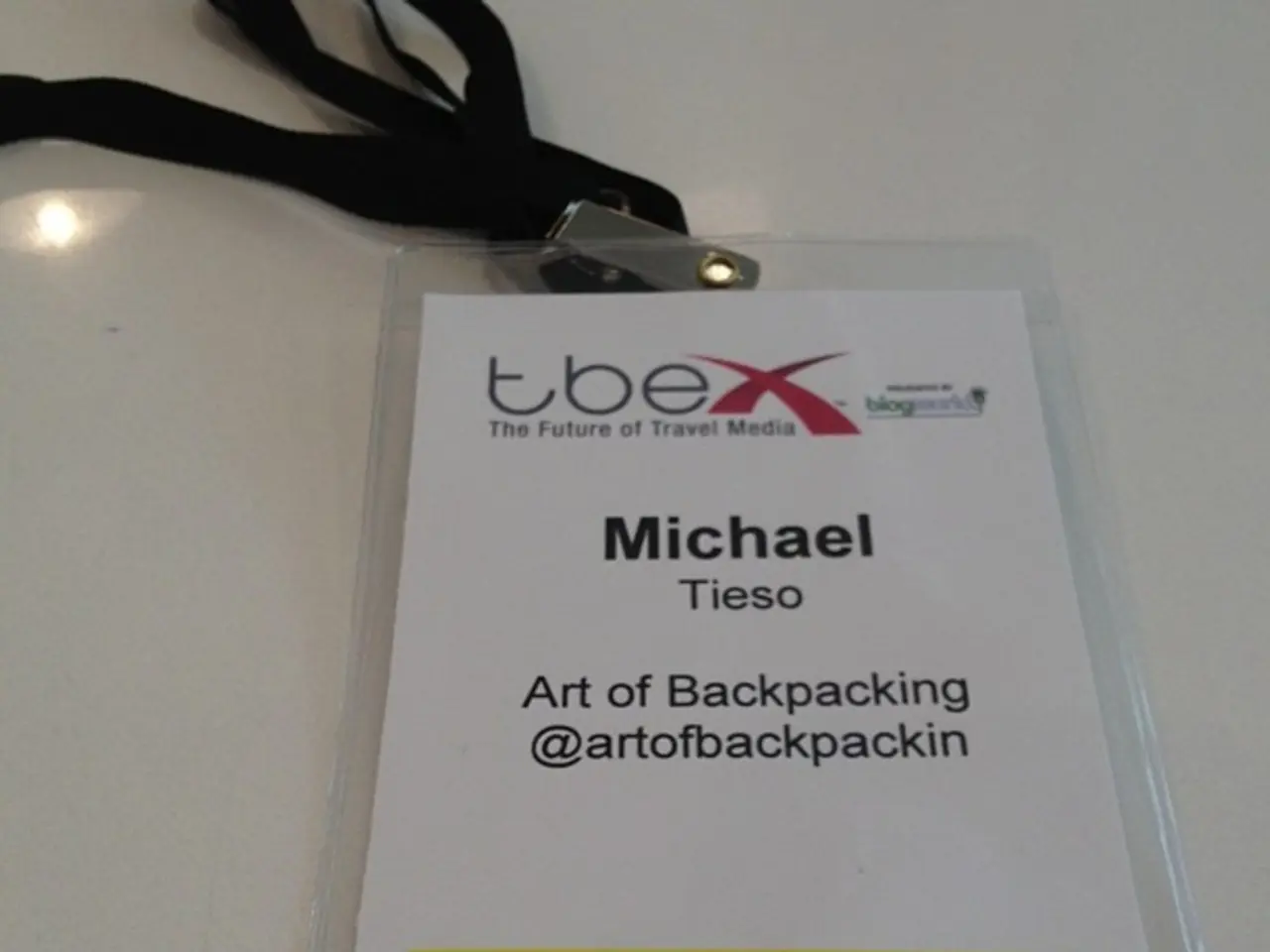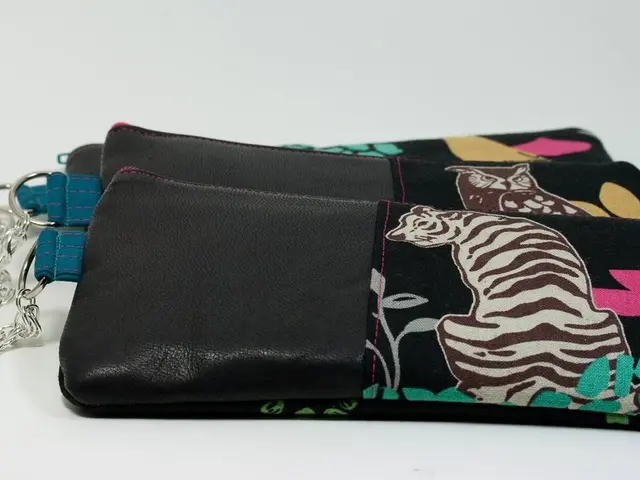Removing Music and Third-Party Intellectual Property from Content Produced by Creators
In the dynamic world of influencer marketing, brands are increasingly focusing on maintaining intellectual property (IP) compliance across platforms like YouTube, TikTok, and Instagram, especially when it comes to music and visual assets. Here's a breakdown of best practices that brands can implement to ensure they stay on the right side of the law while fostering creative collaborations.
Clear Contracts and Licensing
Defining ownership and usage rights explicitly in influencer agreements is crucial. It's essential to clarify who owns the content, what uses are permitted, and ensure proper sync (music-to-visual) and master license clearances for any copyrighted music or media included in influencer content. Contracts should also require influencers to respect all IP laws and not use unlicensed trademarks or copyrighted materials.
Rights Clearance for Music and Visuals
Obtaining sync licenses for the right to synchronize music with visuals, plus master licenses if using original recordings, is key. Platforms like YouTube enforce Content ID systems identifying unlicensed music use, so pre-clearing content reduces the risk of takedowns or fines. Using reputable music licensing services or libraries that provide clear sync and master rights is advisable.
Influencer CRM and IP Compliance Tools
Managing influencer relationships using Customer Relationship Management (CRM) tools that track contract status, content approvals, and compliance with IP rules is essential. Digital asset management (DAM) systems can also be used to store and organize licensed assets, ensuring only cleared media is distributed to influencers.
Content Monitoring and Moderation
Active monitoring of influencer posts for IP infringements, including unauthorized music, visuals, or trademarks, is vital. Automated tools and manual reviews can be used to flag possible violations, and swift action should be taken to remove or correct infringing content. This includes ensuring compliance with advertising disclosure laws, which also impact IP usage and transparency.
Legal Expertise and Ongoing Training
Collaborating with legal experts knowledgeable in international trademark, copyright, and advertising law is essential for auditing campaign compliance and responding to disputes. Regular training for influencers and marketing staff on IP rules, proper use of brand marks, and content disclosure responsibilities is also recommended.
Tools such as Songtradr, Audiosocket, Synchtank, Bynder, Widen Collective, and Frontify can help with sync & master licensing and digital asset management. Centralized rights-management platforms can integrate with influencer CRMs to operationalize rapid risk assessment.
Incorporating these controls across the influencer workflow—from contracting, through content creation and posting, to post-campaign audits—helps brands minimize trademark and copyright infringement risks, maintain compliance with advertising laws, and protect their IP assets across global and multi-platform influencer campaigns.
- Brands in the fashion-and-beauty industry should ensure clear License agreements with influencers to avoid any disputes over intellectual property (IP).
- Defining ownership and usage rights for visual assets in contract is essential in the finance sector.
- The NFL, WNBA, MLB, NHL, and Golf industries need to be cautious about ensuring proper sync licenses for music when working with influencers.
- Data and cloud computing firms should utilize CRM tools for managing and tracking influencer relationships to maintain IP compliance.
- Wealth-management companies must educate and train influencers on international trademark and copyright laws to ensure transparency and adherence to regulations.
- Technology companies should partner with professional music licensing services or libraries to access media with clear sync and master rights.
- Real estate businesses ought to emphasize the use of only cleared media in their influencer marketing campaigns.
- Personal-finance brands must monitor influencer posts to flag unauthorized use of music, visuals, or trademarks.
- The stock market industry should collaborate with legal experts to audit campaign compliance and respond to any disputes related to IP.
- Influencer beauticians should comply with advertising disclosure laws to maintain IP and transparency in their work.
- Autonomous vehicle manufacturers participating in racing events must obtain proper clearances for visual assets and music used in their influencer collaborations.
- E-commerce brands should use DAM systems to store and organize licensed assets to ensure the distribution of cleared media to influencers.
- Auto-racing teams need to monitor influencer posts for potential copyright infringement cases, especially regarding the use of unlicensed trademarks or copyrighted materials.
- The sports-betting industry should safeguard their brand identities by clearly defining ownership and usage rights for visual assets in influencer agreements.
- Influencers collaborating with Tennis players should adhere to the proper use of brand marks while promoting products or services.
- Educational institutions offering education and self-development programs should caution their affiliates about the importance of IP compliance in influencer marketing.
- Mixed Martial Arts (MMA) fighters should take proactive measures to avoid copyright infringement when producing collaborative content with influencers.
- Lifestyle and business consultants should emphasize the significance of content monitoring and moderation in IP compliance to their clients engaged in influencer marketing.
- The American football industry, including NFL and NCAA, should consider incorporating digital asset management in their influencer marketing strategies.
- Golf tournaments like the Masters and Grand Prix should focus on implementing a comprehensive IP compliance approach to protect their brand identities in the fast-growing influencer marketing landscape.






